The real owners of these world-famous brands might surprise you (copy)
Who's really behind the brand?
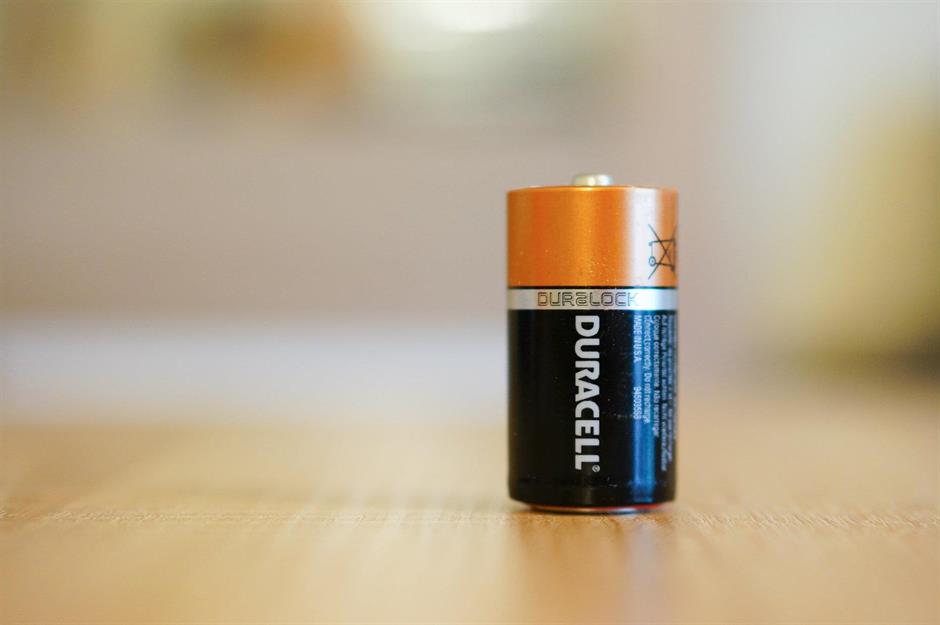
Pringles: owned by Kellogg's
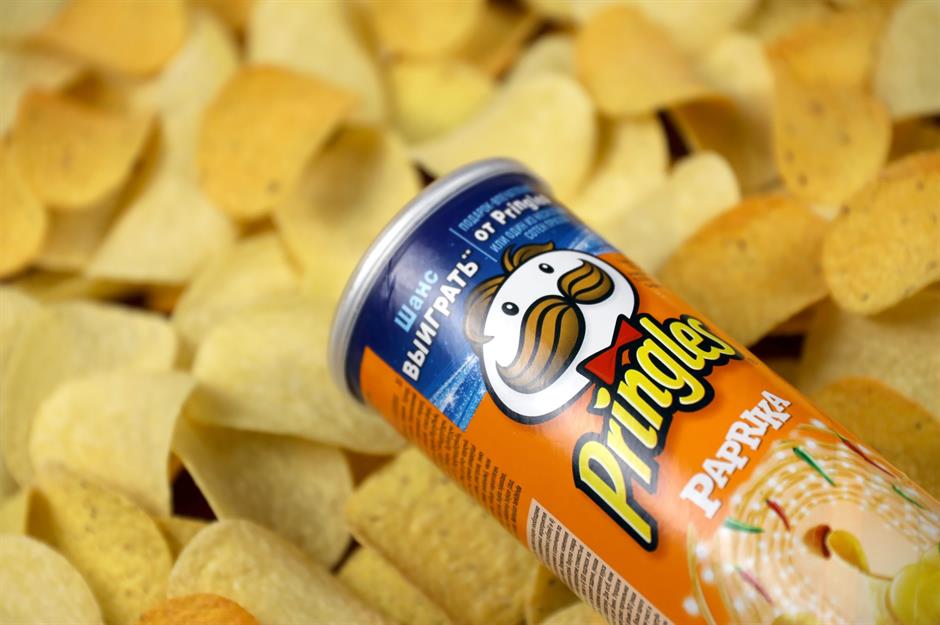
Aussie: owned by Procter & Gamble
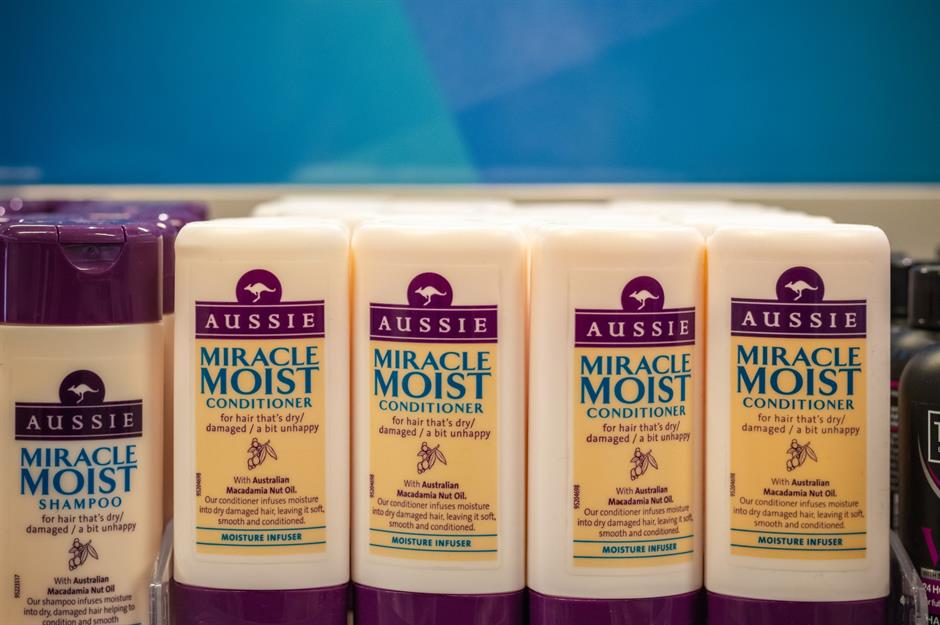
Sponsored Content
Cappy: owned by Coca-Cola
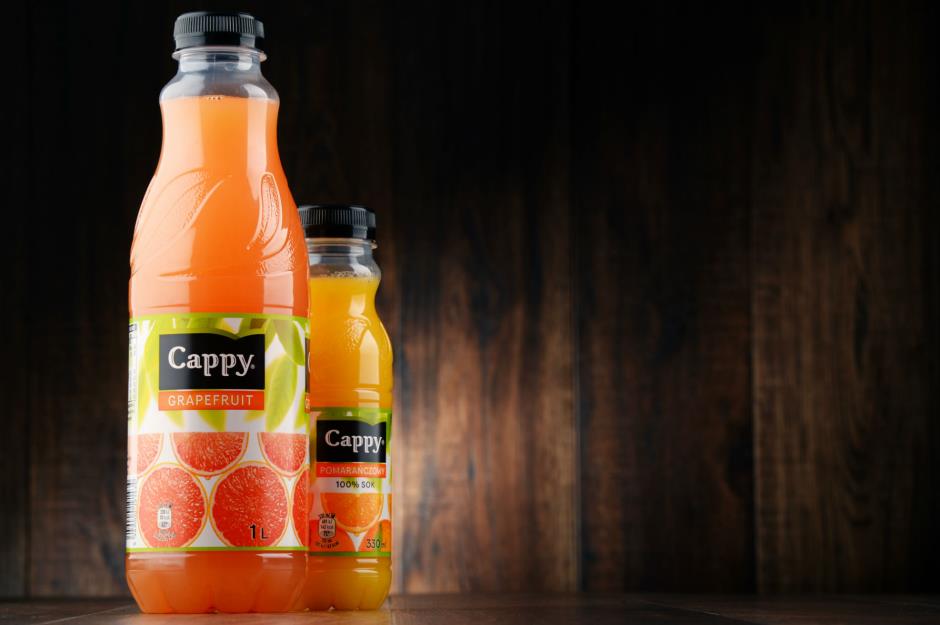
WhatsApp: owned by Facebook
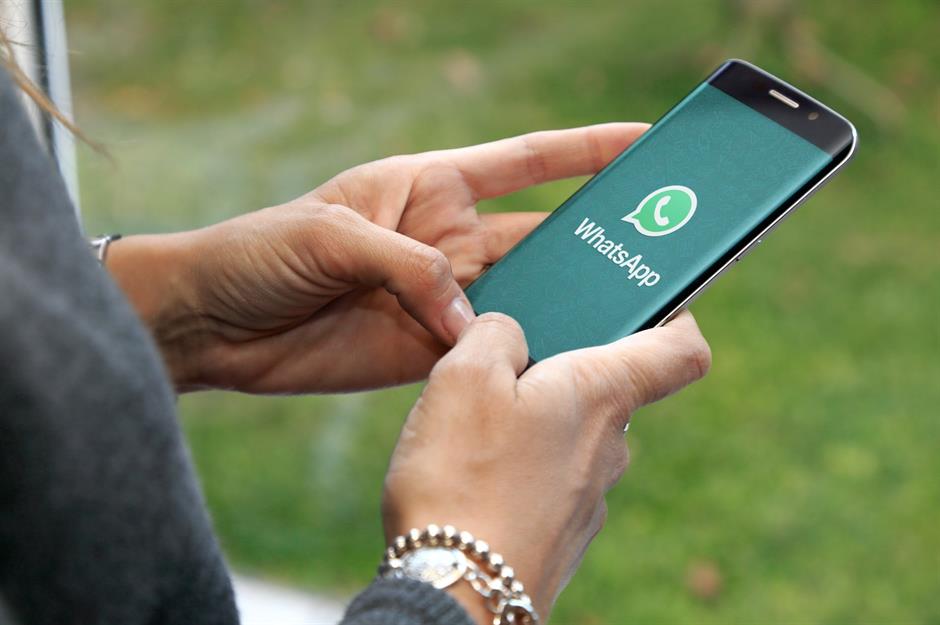
Gerber: owned by Nestlé
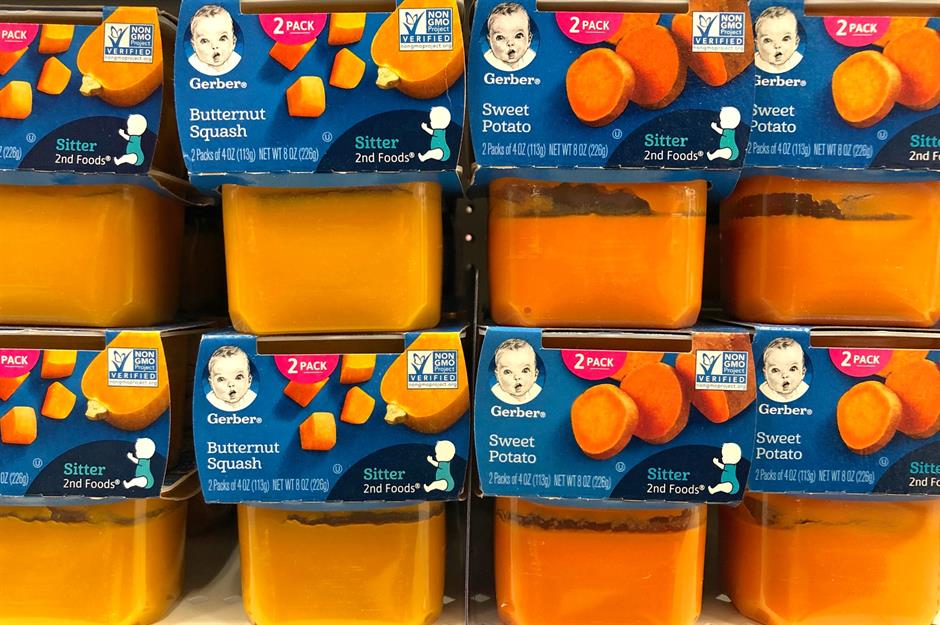
In 2007, baby product company Gerber was acquired for $5.5 billion (£4.3bn) by Nestlé. Before buying the company, Nestlé wasn’t a big player in the US baby food market, mainly supplying families in the Brazilian and Chinese markets. But with that acquistion Nestlé Nutrition went global and enjoyed total annual revenues of 8.43 billion Swiss francs ($9.47bn/£6.95bn). By 2019 that figure had jumped to 9.88 billion francs ($11.1bn/£8.1bn) worldwide.
Sponsored Content
YouTube: owned by Google
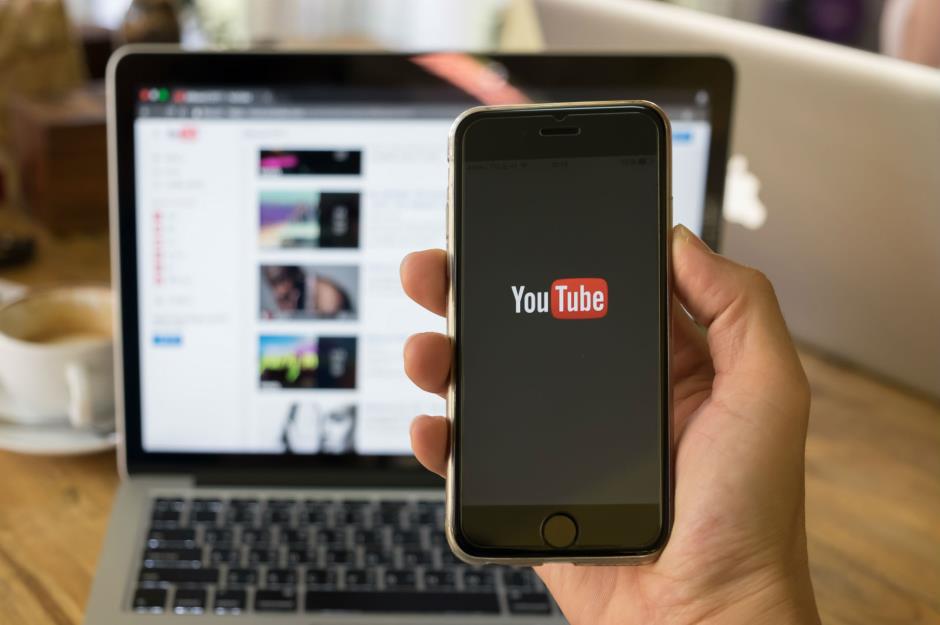
YouTube is the world’s best-known video sharing site and Google snapped it up in 2006 for $1.65 billion (£939m). In 2020, Google parent company Alphabet revealed that the site had generated some $15 billion (£11bn) in the previous year, which made up around 10% of the company’s revenue.
Jaguar Land Rover: owned by Tata Motors
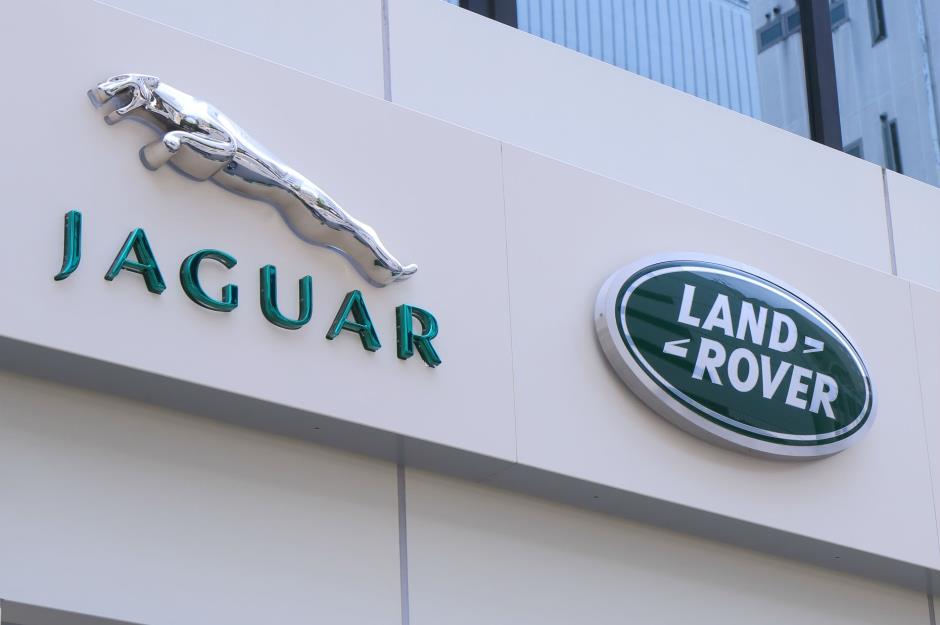
Some of Britain’s most iconic cars have been made by Jaguar Land Rover, but since 2008 the company has been owned by Indian firm Tata Motors. Tata paid $2.3 billion (£1.2bn) for the company. While the brand has struggled during the height of the coronavirus pandemic like the rest of the auto industry, it had returned to profitability by September 2020.
Newcastle Brown Ale: owned by Heineken
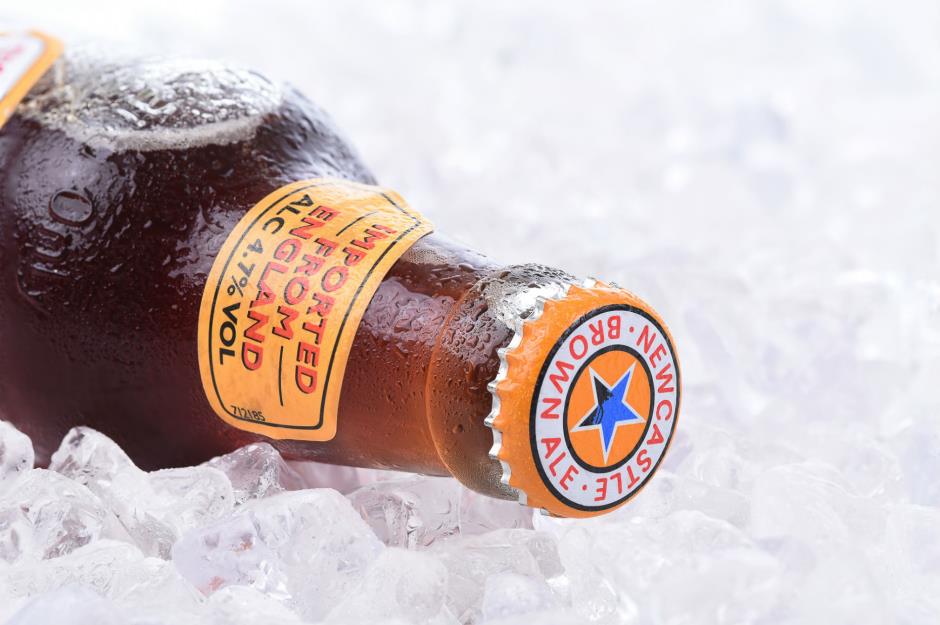
Scottish & Newcastle, the brewery behind the famous English dark beer Newcastle Brown Ale, was bought by Dutch giant Heineken in 2008 after a long haggling process over the price.
Sponsored Content
Stacy’s Pita Chips: owned by PepsiCo
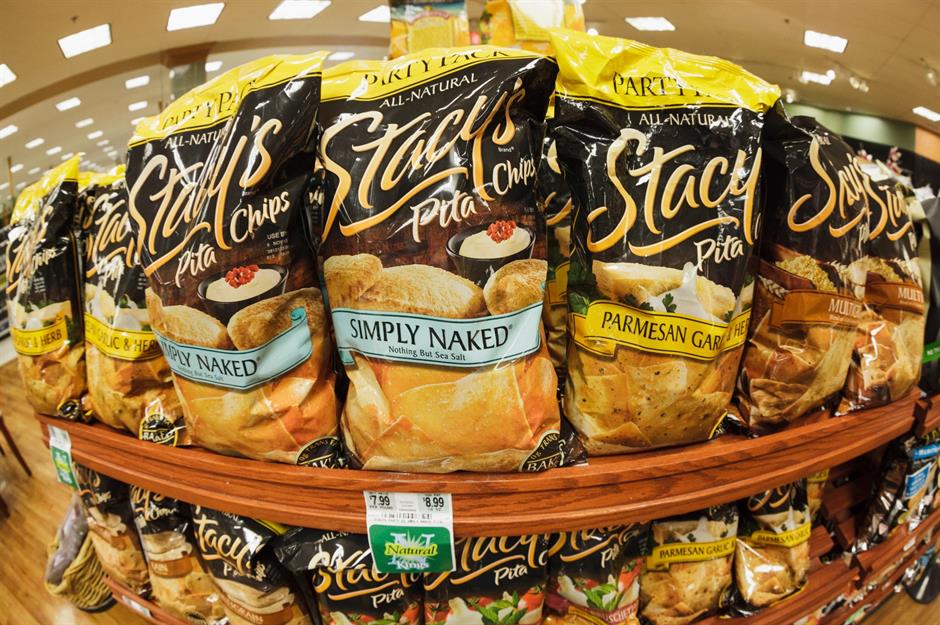
Aside from selling soft drinks, PepsiCo is also a multinational food and beverage company and owns dozens of brands. Among them is Stacy’s Pita Chips, which was acquired by the firm in 2006 for an undisclosed amount, joining a long list of small companies to be accused of selling out to the mainstream market.
ABC: owned by Disney
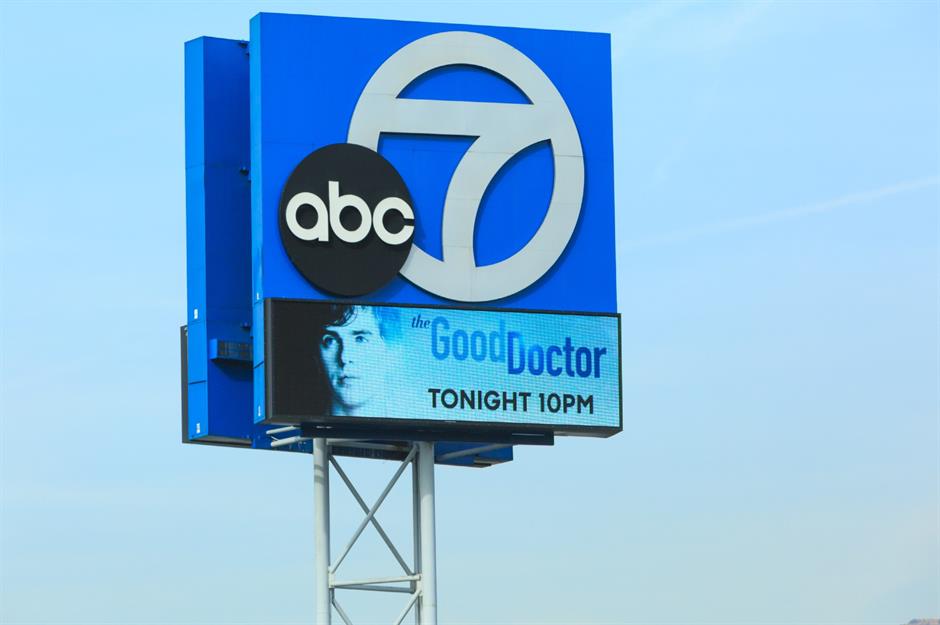
Disney bought ABC in 1995 after years of trying to poach the broadcaster through a number of different deals. ABC originally helped Disney to fund the building of Disneyland in exchange for a weekly Sunday night show, which was also called Disneyland. ABC then went on to air The Mickey Mouse Club and, years later, Disney acquired the media company for $19 billion (£12bn).
Mrs. Meyer's: owned by S.C. Johnson
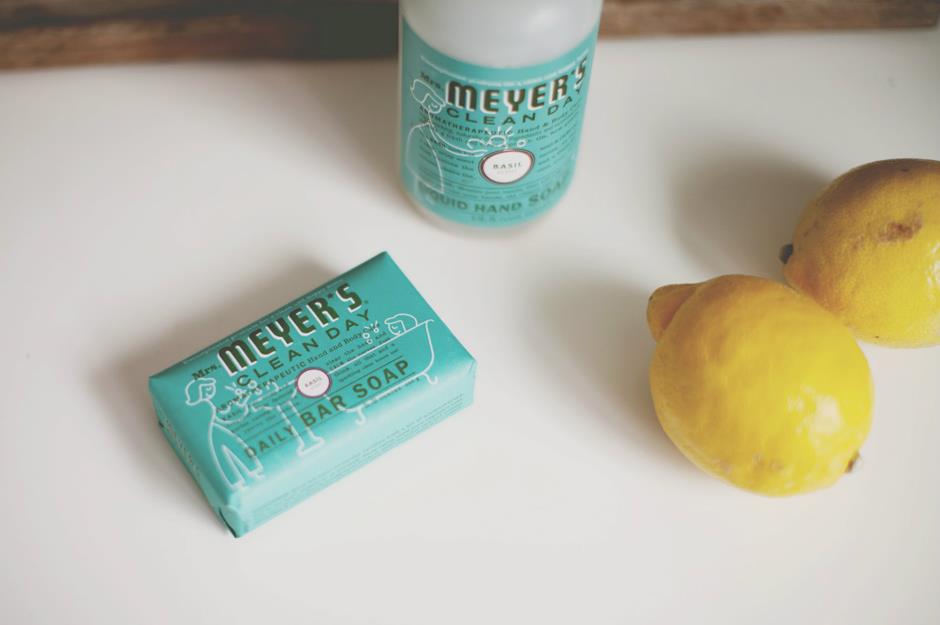
Sponsored Content
Burt's Bees: owned by Clorox
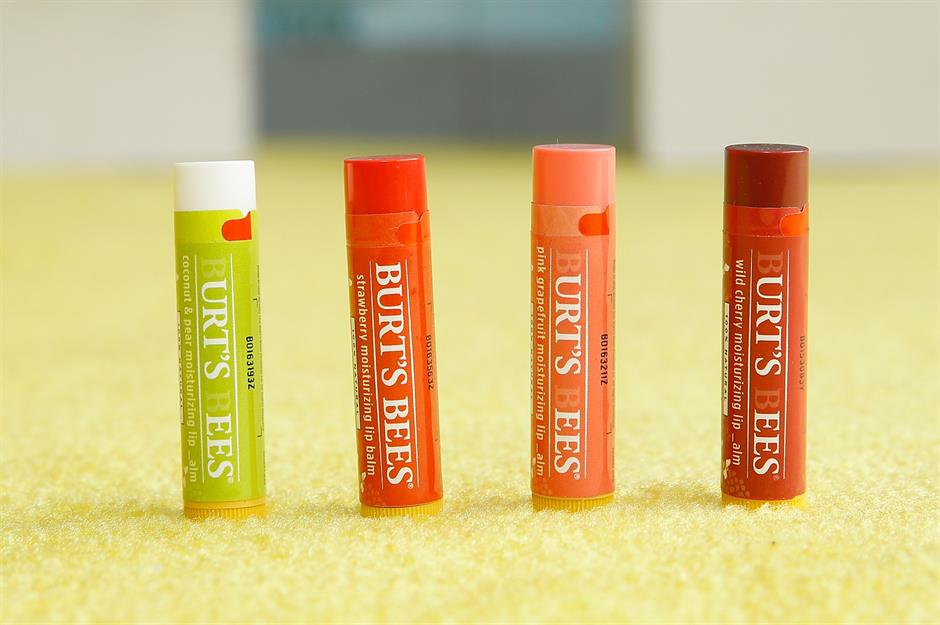
Seeds of Change: owned by Mars
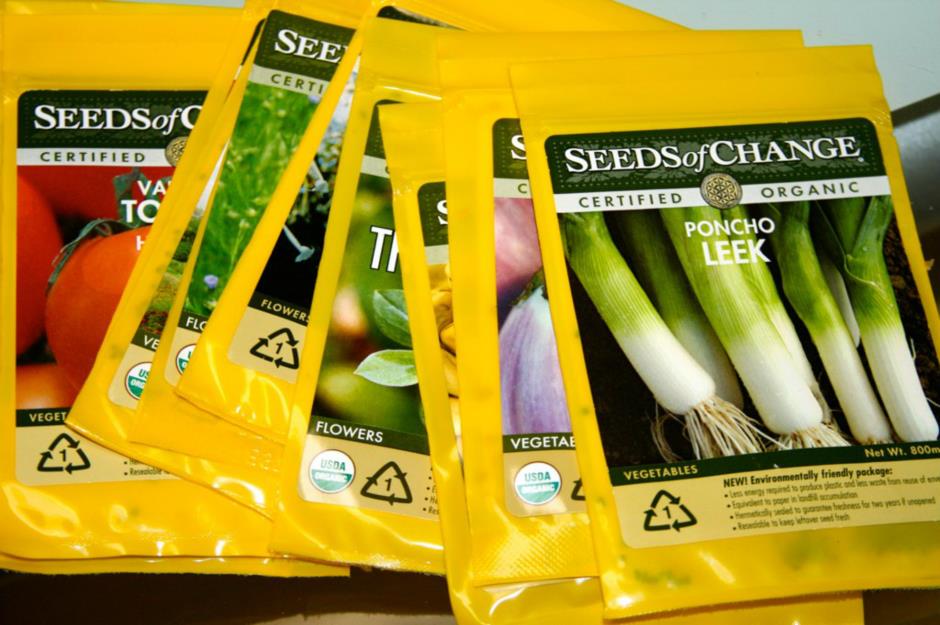
Also on the list of small companies sold to large corporations is Seeds of Change, an organic seed and food company, which was bought by Mars in 1997 for an undisclosed amount. Mars has recently launched a Seeds of Change accelerator programme, which helps to fast-track healthy and sustainable food start-ups into successful companies.
Naked Juice: owned by PepsiCo
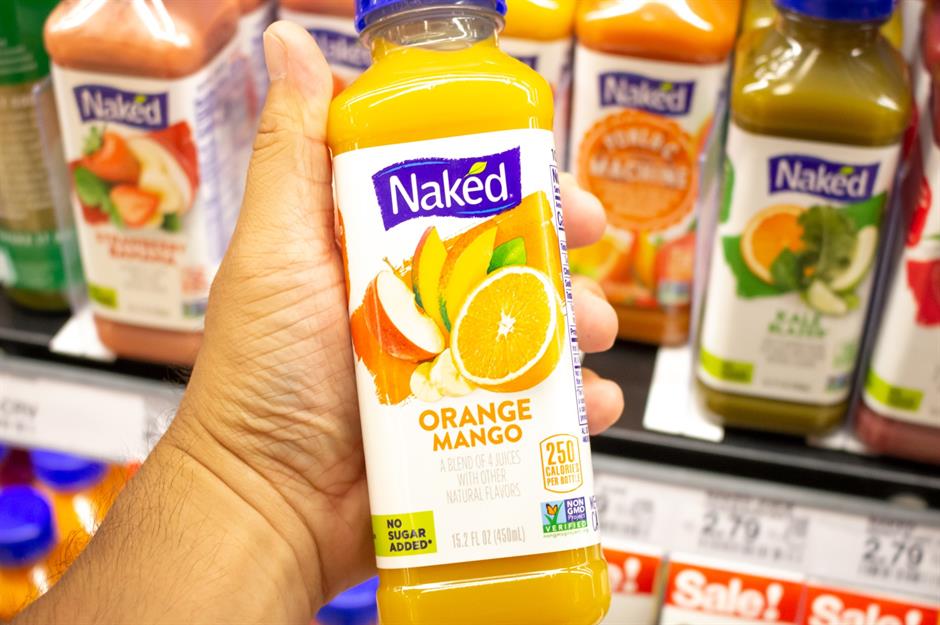
Eager to keep its brand range looking balanced with a portfolio of healthy products, PepsiCo bought Naked Juice in 2007. The acquisition followed on from Coca-Cola’s 2001 purchase of fellow juice brand Odwalla. PepsiCo certainly seems to have won this one, with Naked Juice making up 65.1% of refrigerated juice sales in America in 2019, while Odwalla made up just 3.8% of the market, according to Statista. Odwalla was then discontinued by its parent company in July 2020 after Coca-Cola decided it needed to “prune” its business.
Sponsored Content
Simple Skincare: owned by Unilever
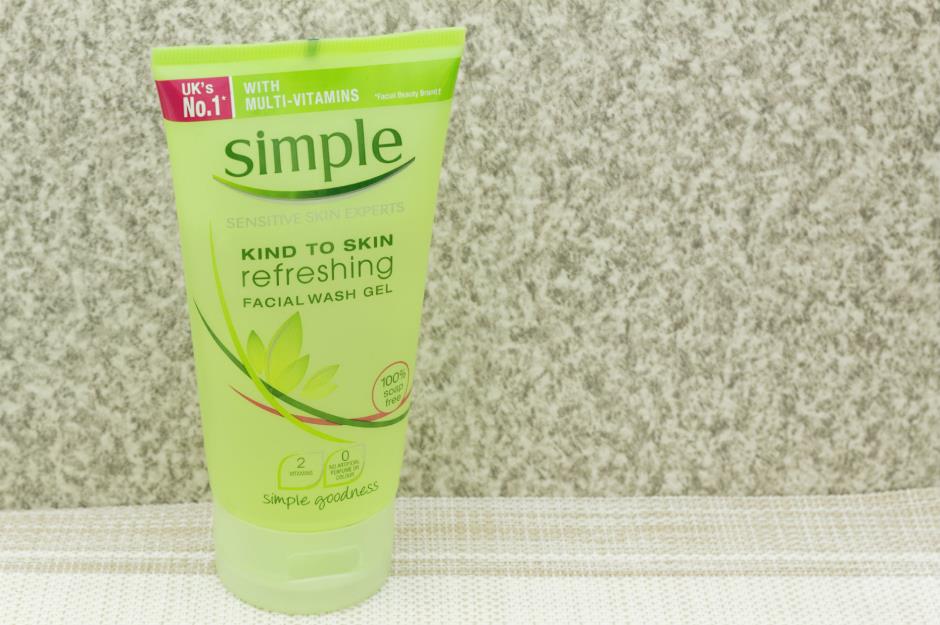
Goodreads: owned by Amazon
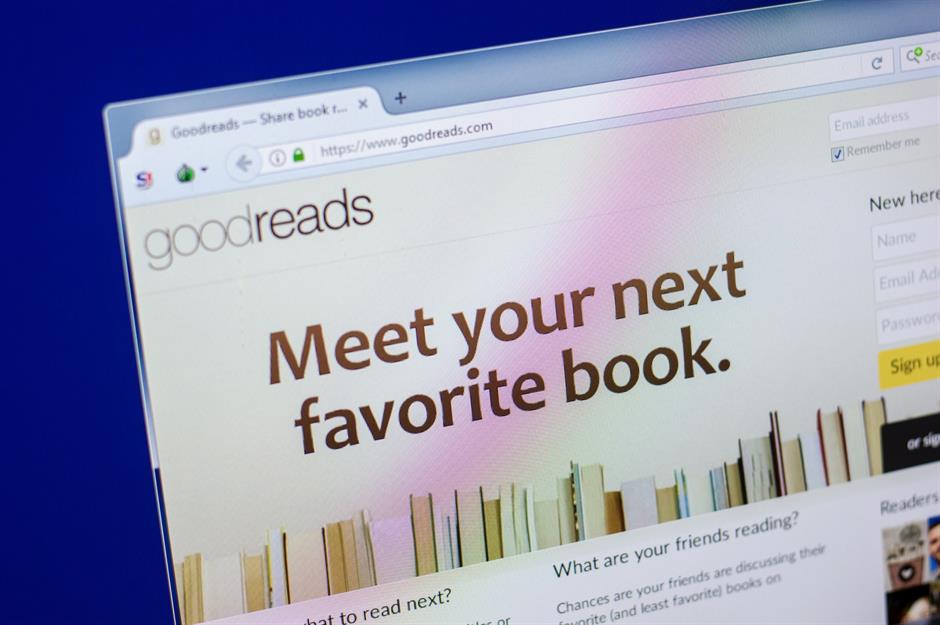
Buying social reading site Goodreads was an attractive deal for Amazon in 2013, as it had more than 10 million members sharing their opinions on books they were reading – useful information for the company that went from a garage in 1994 to the world’s biggest book retailer. Amazon allegedly paid around $150 million (£110m) for the website.
Quaker: owned by PepsiCo
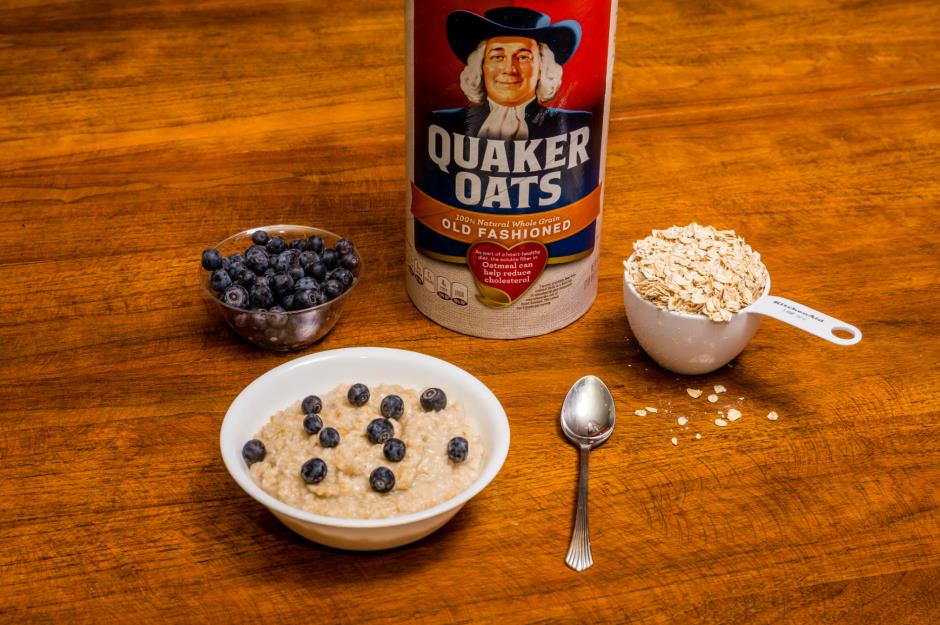
You might be surprised to learn that Quaker is also owned by PepsiCo. It acquired the oats company back in 2001 in exchange for $13.4 billion (£9.2bn) in stock because it wanted to add Quaker’s subsidiary Gatorade to its collection of sports drinks. Like Naked Juice, Quaker has also provided balance for the brand, as it serves as a healthier counterpart to other subsidiaries such as Frito-Lay, which owns a number of salty, and not-so-nutritious, snack brands.
Sponsored Content
Whiskas: owned by Mars
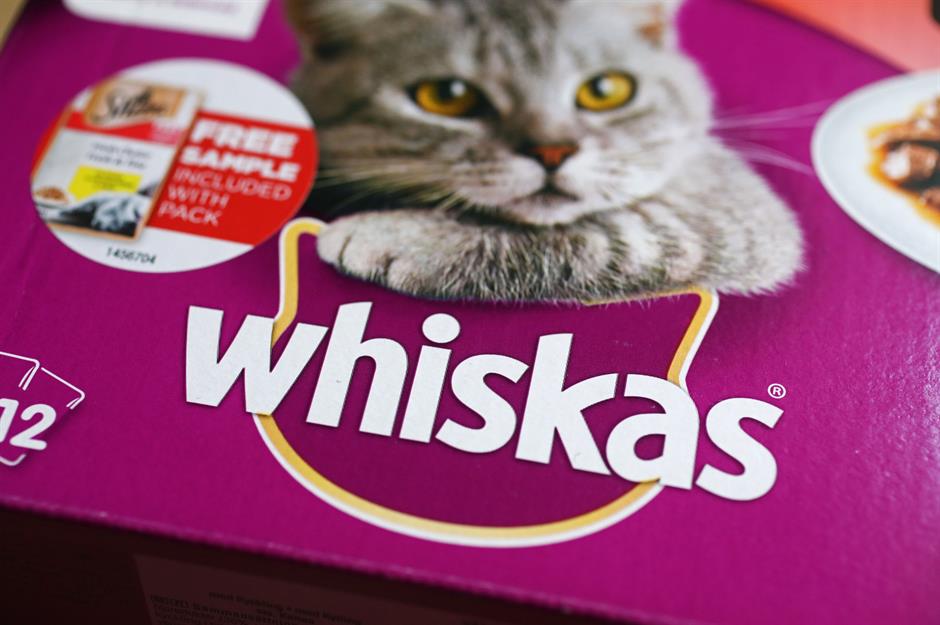
Annie’s Homegrown: owned by General Mills
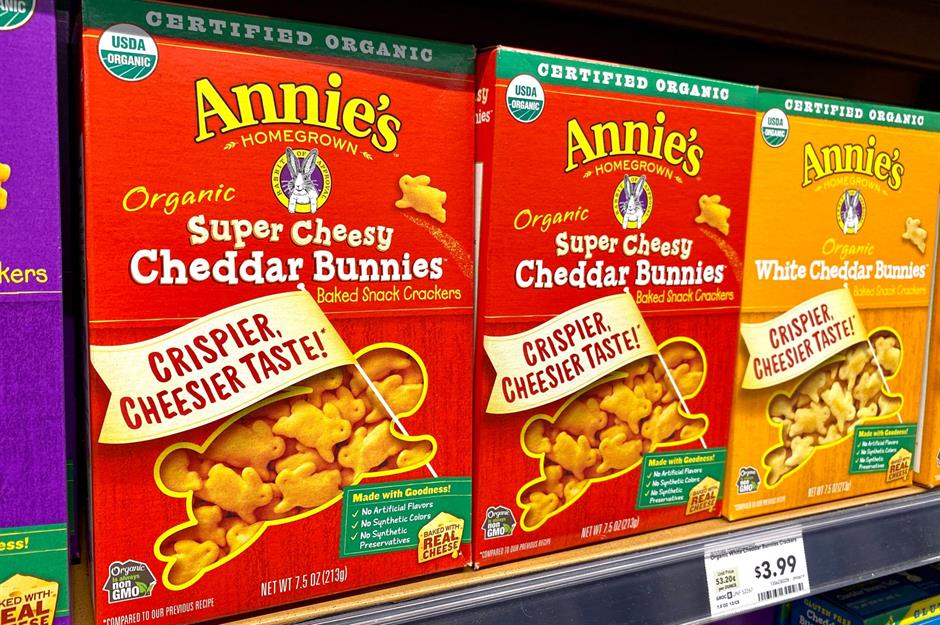
Annie’s, the natural and organic specialty food-maker, joined a far larger group after General Mills bought the Berkeley-based firm in 2014 for $820 million (£597m).
Evolution Fresh: owned by Starbucks
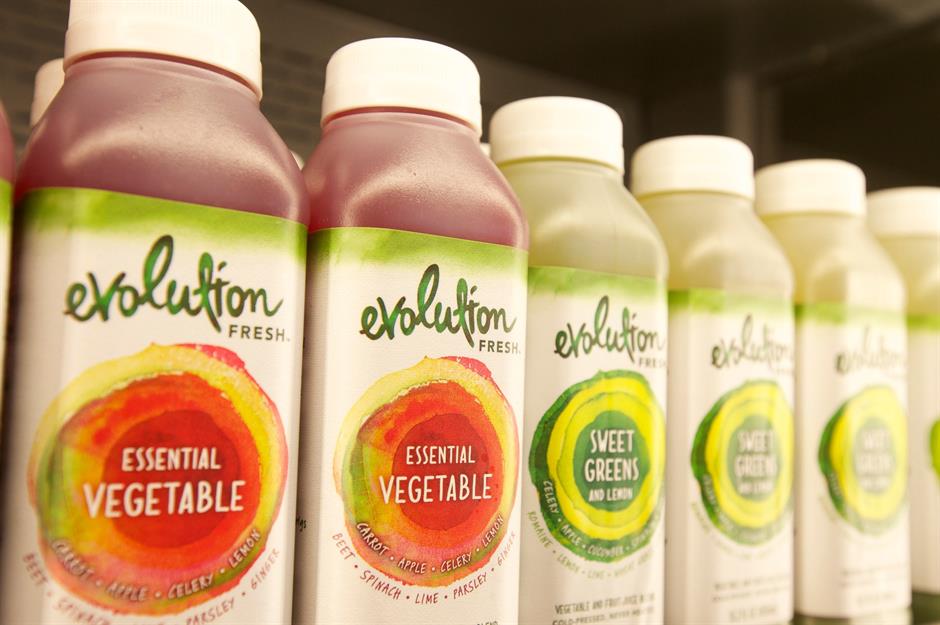
Sponsored Content
Instagram: owned by Facebook
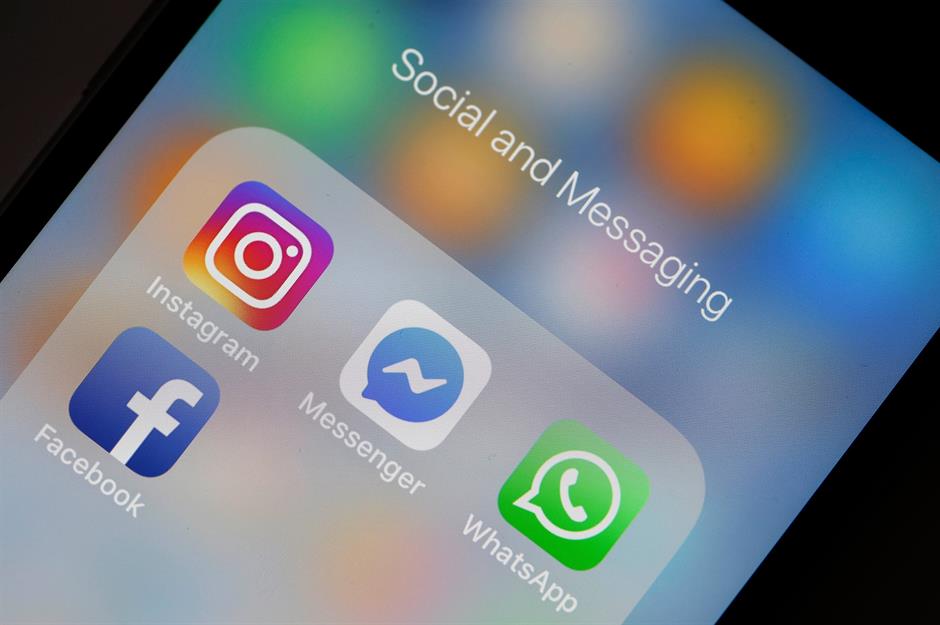
Waldorf Astoria Resorts and Hotels: owned by Hilton
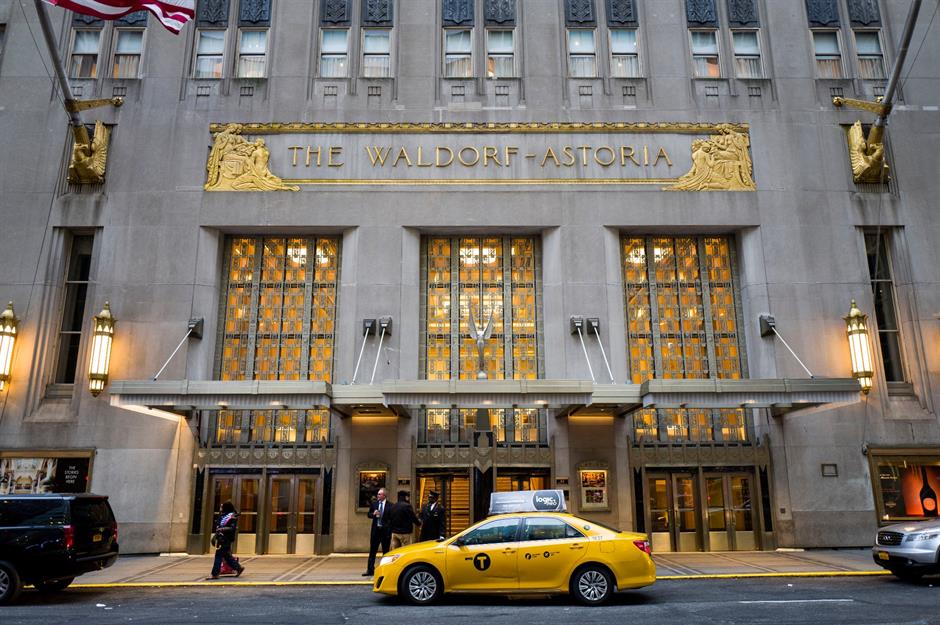
In 1893 a small hotel opened in Cisco, Texas, and over the last 127 years it has evolved into the sprawling hospitality conglomerate that is Hilton. Company founder Conrad Hilton had long kept a photo of the Waldorf Astoria hotel in New York under his desk, inscribed with the words “The greatest of them all”, and in 1949 was able to add the hotel to his growing portfolio. There are now more than 30 Waldorf properties across the world, and its opulent residences are considered Hilton’s most luxurious brand.
Weetabix: owned by Post Holdings
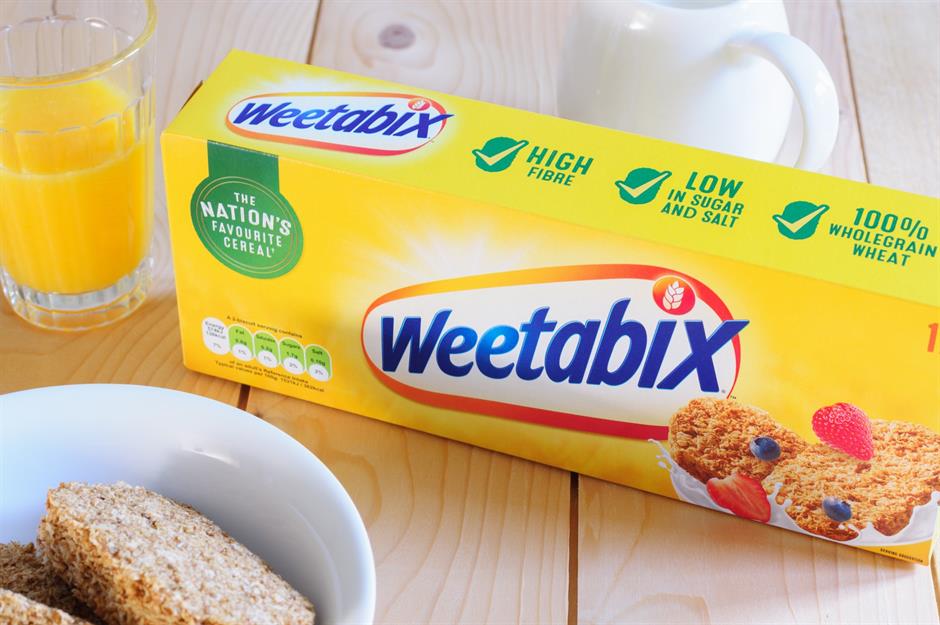
British breakfast staple Weetabix has been made in the UK since 1932, and was family-owned until 2004. China’s Bright Food bought a 60% stake in the company in 2012 and, although sales in China doubled following the purchase, the UK still accounts for most sales. Weetabix was then put up for sale once again in January 2017 and now belongs to US firm Post Holdings after a £1.4 billion ($1.9bn) acquisition deal.
Sponsored Content
ESPN: owned by Disney
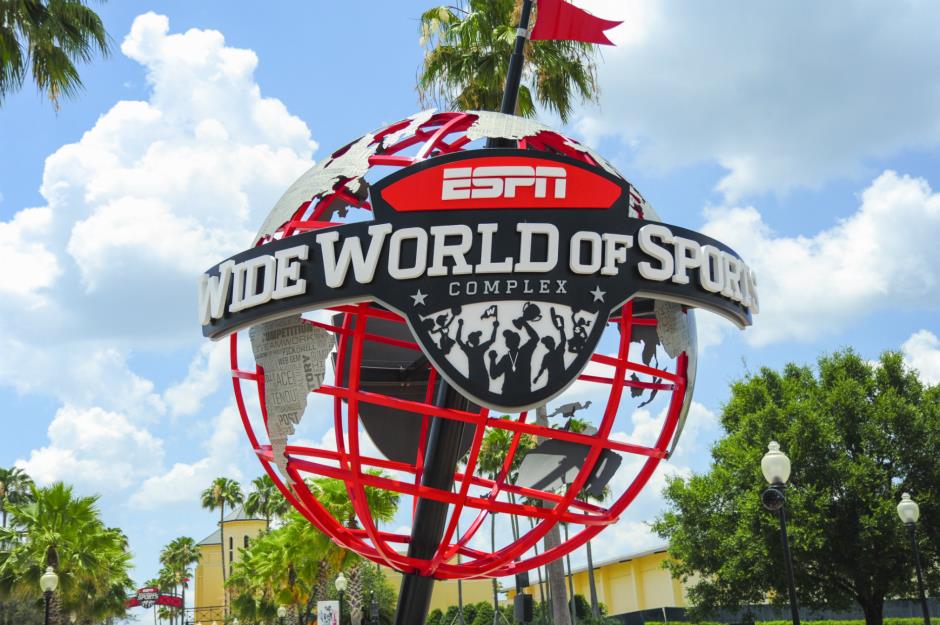
ABC had purchased ESPN in 1984, meaning that when Disney took ABC on board the sports channel came included in the package. The cost of the deal wasn't revealed, but in 2014 ESPN was valued at $51 billion (£37.1bn) and in the same year was named the world’s most valuable media company by Forbes.
Motorola: owned by Lenovo
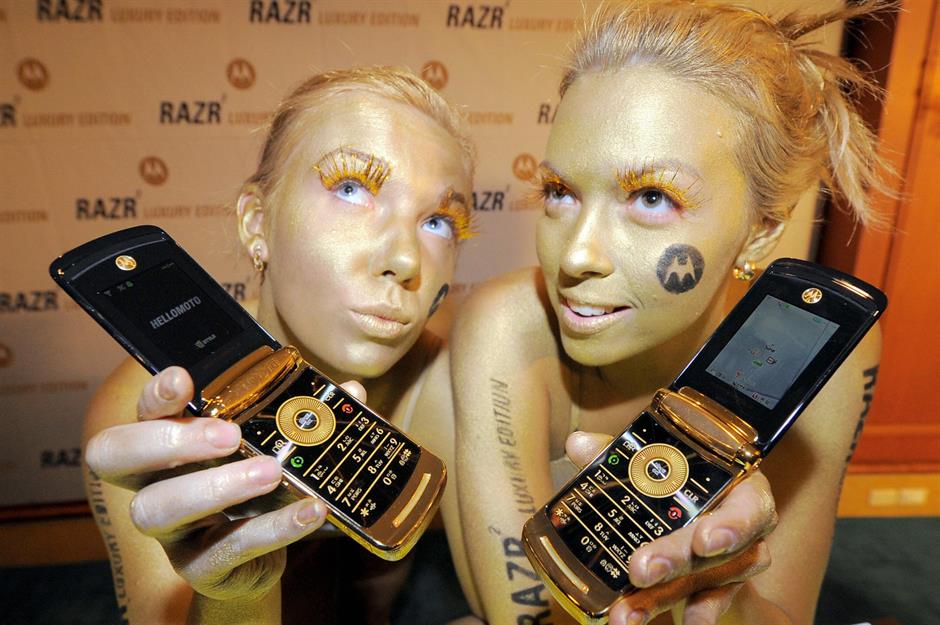
Motorola was the world’s largest mobile phone manufacturer, but when Nokia came onto the scene in the early noughties, demand for its products started to dry up and Apple’s entry into the market then pushed the company further out of the loop. In 2012, Google acquired Motorola for $12.5 billion (£7.8bn), primarily to gain its patent portfolio as it started to dominate the Android market. Google was then quick to sell Motorola off again, and the company was bought by Lenovo in 2014 for $2.91 billion (£1.7bn), although Google shrewdly kept hold of the patents it had acquired.
Lärabar: owned by General Mills
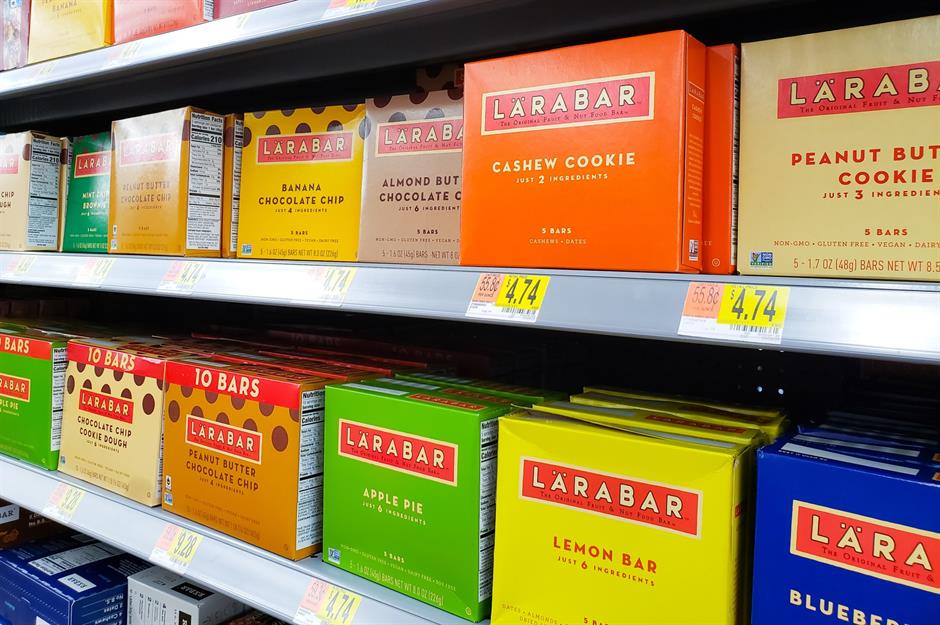
Sponsored Content
Honest Tea: owned by Coca-Cola
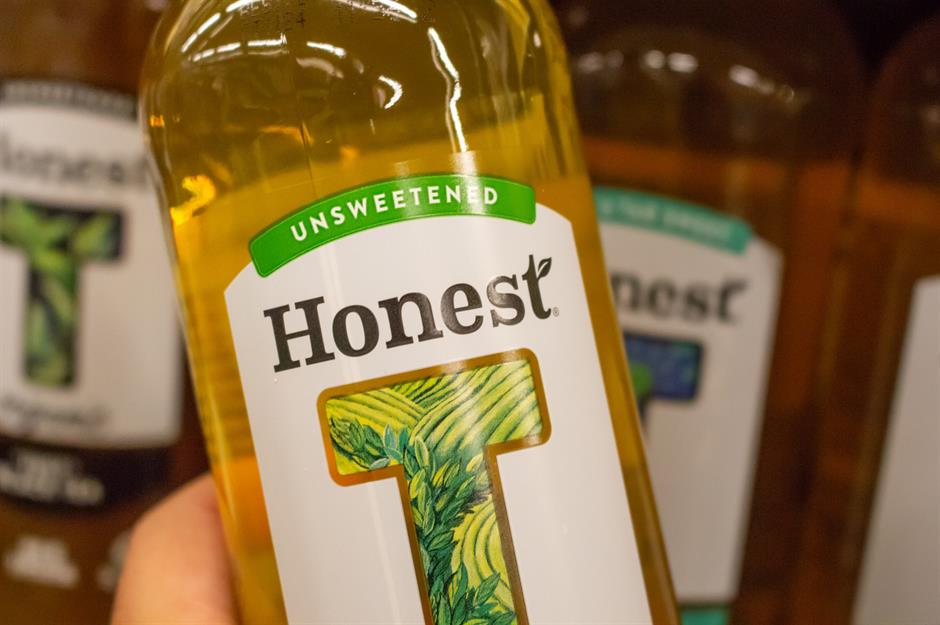
Coca-Cola purchased Honest Tea in 2011 for an undisclosed sum of money. This move triggered a number of calls to boycott the tea brand after its new parent donated money to defeat Proposition 37 – the GMO labelling initiative in California, which would have required brands to label medically-engineered food.
Moxy hotels: owned by IKEA
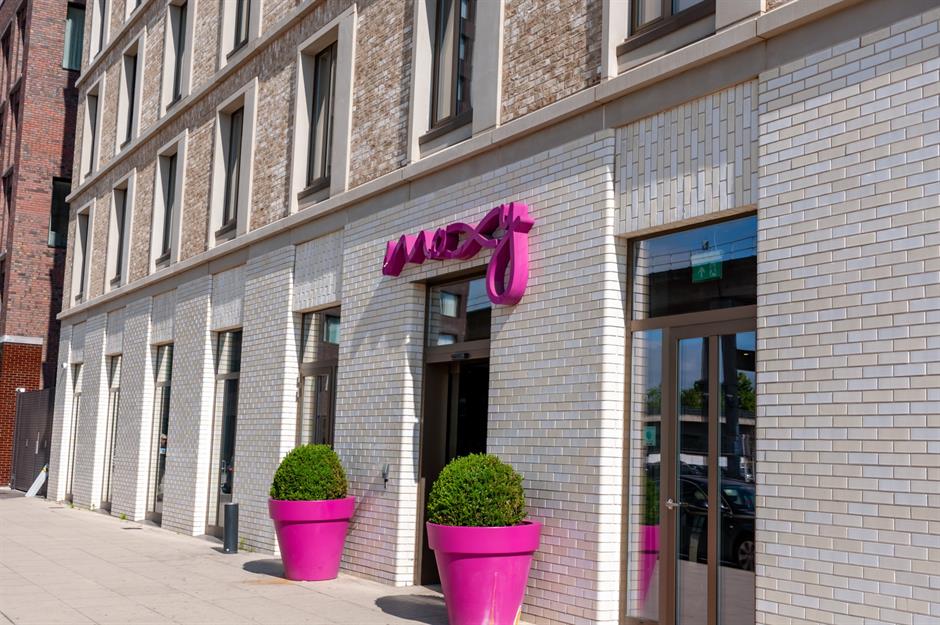
IKEA isn’t just responsible for the DIY homeware stores that the world knows and loves – it also owns the Moxy chain of hotels. In partnership with Marriott, the Swedish flat-pack giant controls all 60 of the swanky millennial-targeted lodgings across North America, Europe and Asia Pacific.
Now read: These IKEA facts may surprise you
Wolfgang Puck: owned by Campbell Soup Company
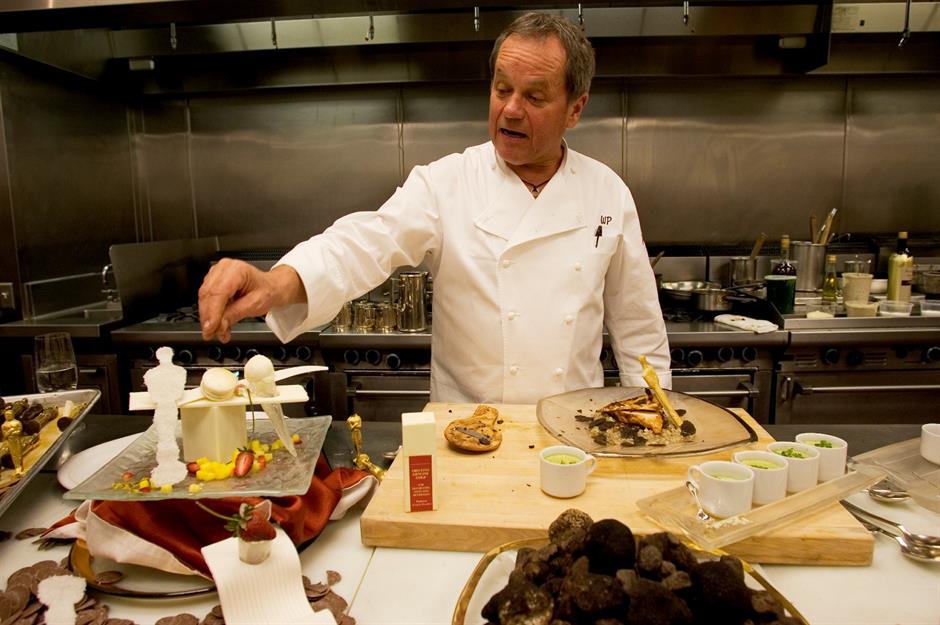
Campbell’s bought famed Austrian-American chef Wolfgang Puck’s eponymous soup business in 2008 in an agreement that allowed Campbell’s to use the brand on soup, stock and broth products. Although the terms of the deal weren’t disclosed, Wolfgang Puck was averaging sales of around $22 million (£11m) at the time of the acquisition.
Sponsored Content
Fitbit: owned by Google
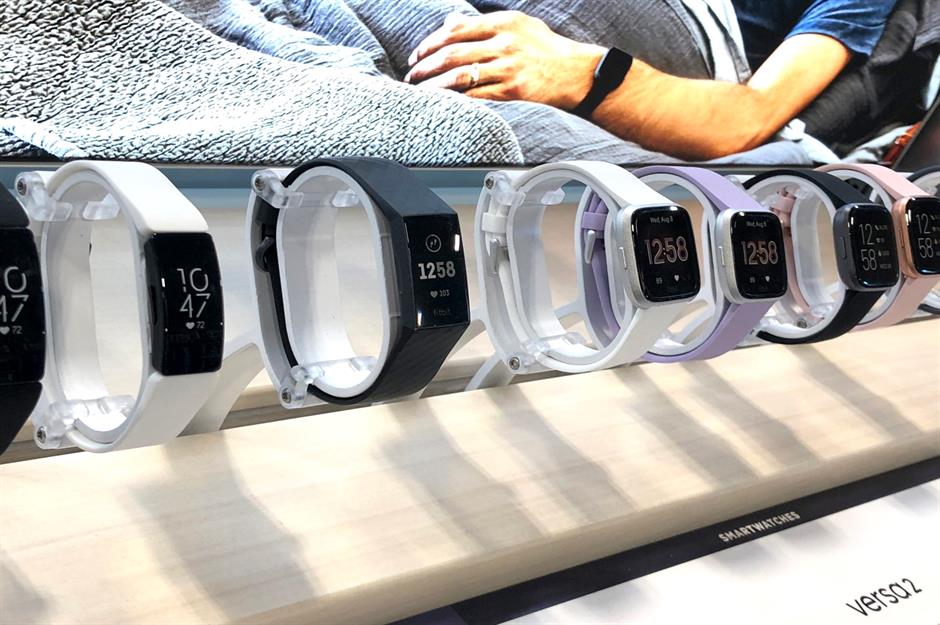
In another big tech deal, fitness tracker titan Fitbit was bought up by Google earlier this year for $2.1 billion (£1.5bn), following lots of debate around how Google could access users’ data. Google countered concerns by stressing that it was specifically Fitbit’s hardware that had made the acquisition appealing and that user privacy would be maintained.
Cascadian Farm: owned by General Mills
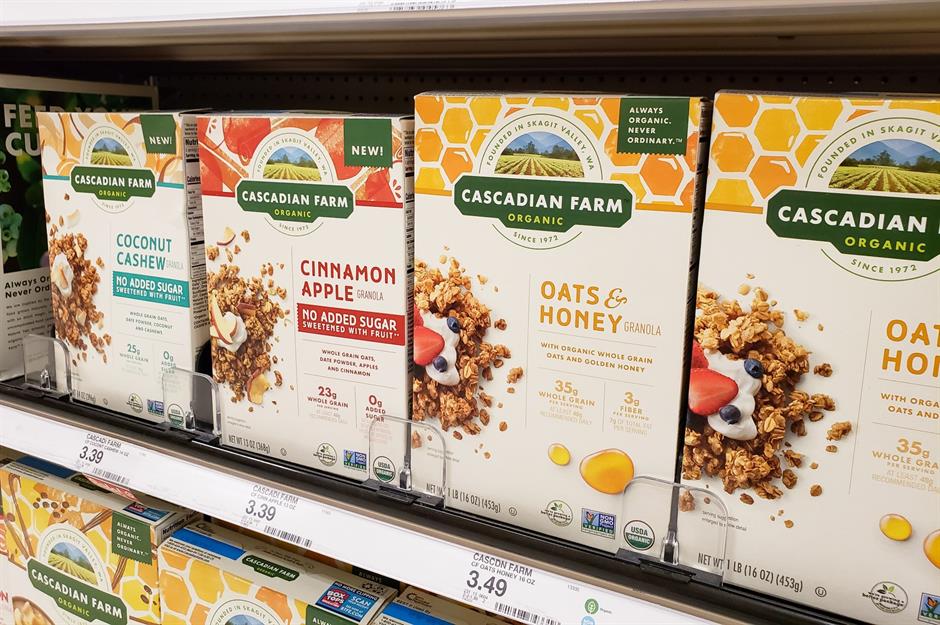
Organic cereal brand Cascadian Farm was also poached by General Mills for an undisclosed figure in 1999. There was controversy a decade later when people noticed that the sugar content in the company’s Purely O’s had tripled since the acquisition, prompting Cascadian Farm to change the recipe back to one gram of the sweet stuff per serving.
Bear Naked: owned by Kellogg's
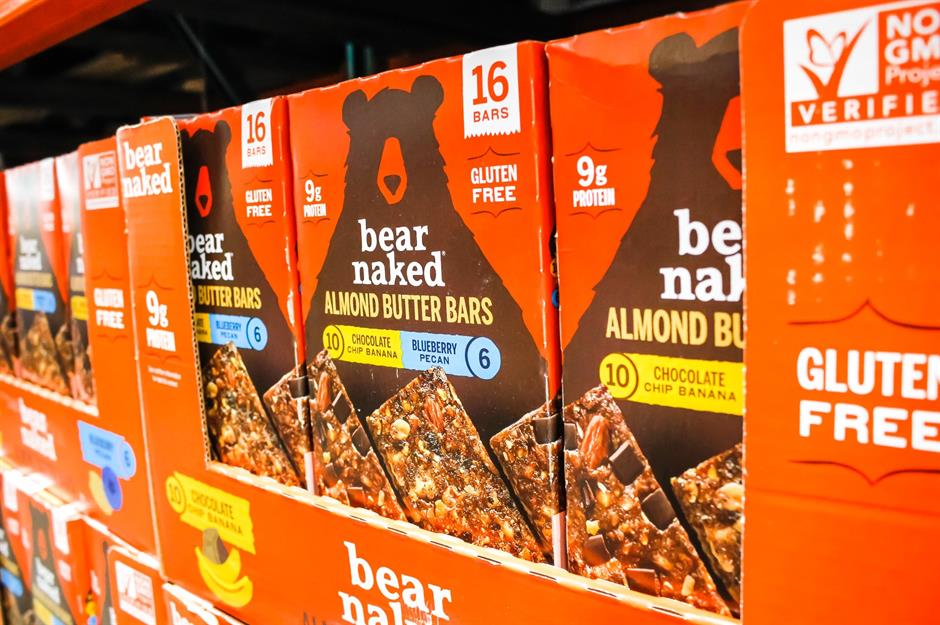
Granola company Bear Naked has been owned by Kellogg’s since 2007 when it was bought by Kashi Company, a subsidiary of the cereal giant. The founder of Bear Naked, Kelly Flatley, started and sold the business for $60 million (£30m) before she hit 30.
Sponsored Content
LinkedIn: owned by Microsoft
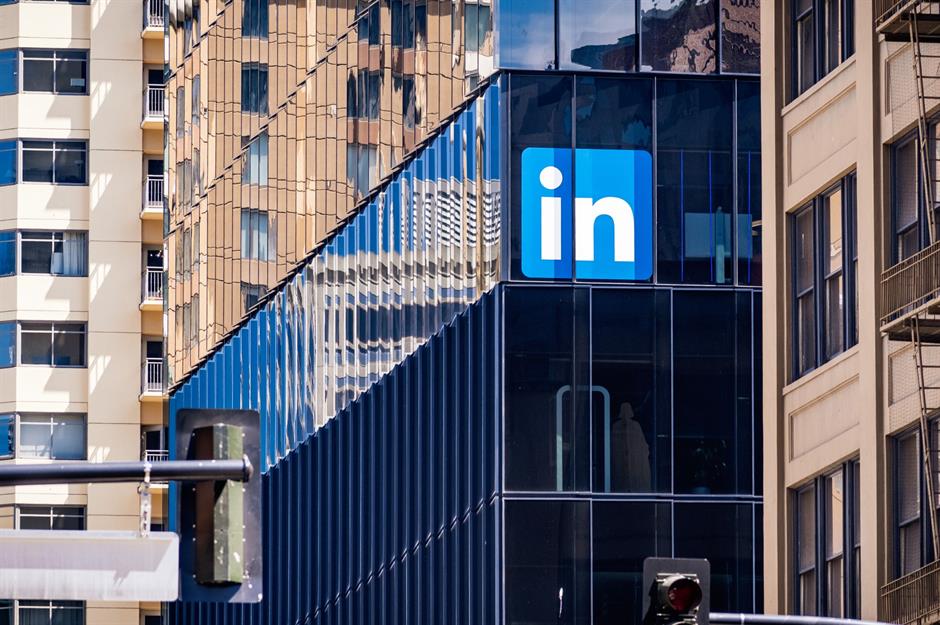
Business social network LinkedIn was officially launched in 2003. By 2016, it had reportedly gained 433 million users worldwide. Many were surprised when Microsoft splashed out $26.2 billion (£19.2bn) for the site that year, making LinkedIn its priciest acquisition ever. The move paid off, however, as its user base grew an additional 50% in the next three years and revenue increased by 28% between 2018 and 2019, both of which gave a welcome boost to Microsoft’s revenues.
Ralph Lauren fragrances: owned by L’Oréal
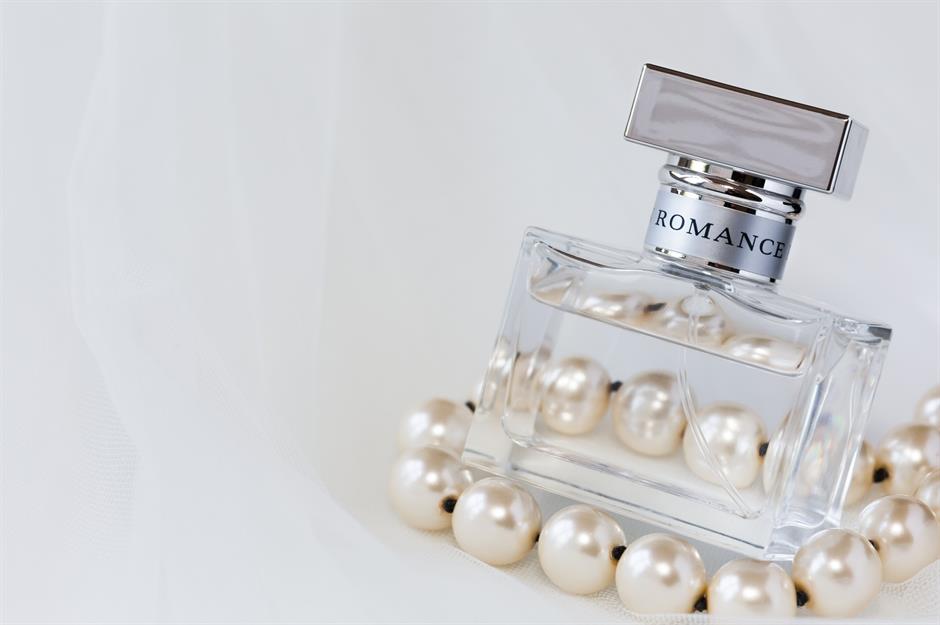
Unsurprisingly Ralph Lauren Corporation owns and runs its eponymous designer clothing brand, but its fragrance division, including the Polo collection, comes under the jurisdiction of beauty behemoth L’Oréal. The perfume brand is in good company as L’Oréal is one of the world’s biggest cosmetics conglomerates, also owning the likes of Maybelline New York, NYX, Garnier and Lancôme.
Innocent Drinks: owned by Coca-Cola
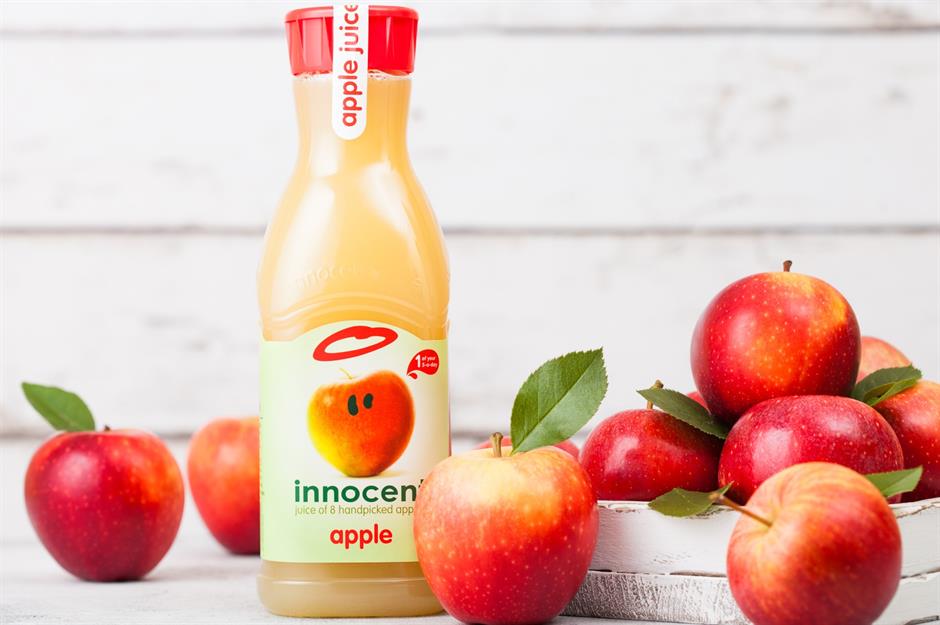
Innocent Drinks is known for its witty advertising featuring its 100% pure fruit smoothies and juices, but did you know the company is owned by Coca-Cola? The drinks empire already owned 58% of Innocent before it took over the rest of the company in 2013 for an estimated £100 million ($137m). And, much like Honest Tea, the smoothie makers then faced concerns its drinks were much less ‘innocent’ under Coca-Cola’s stewardship.
Sponsored Content
Aveeno: owned by Johnson & Johnson
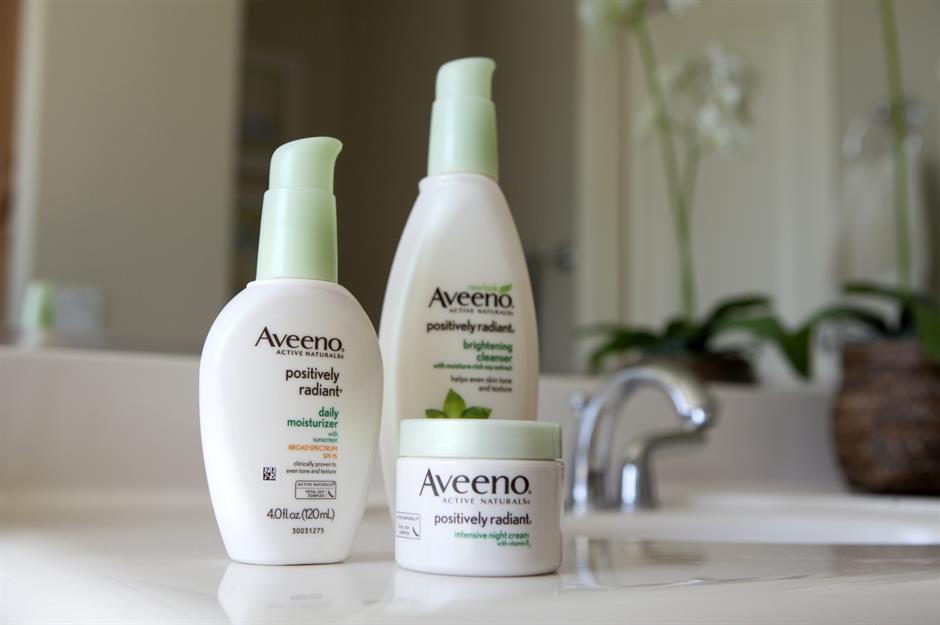
Duracell: owned by Berkshire Hathaway
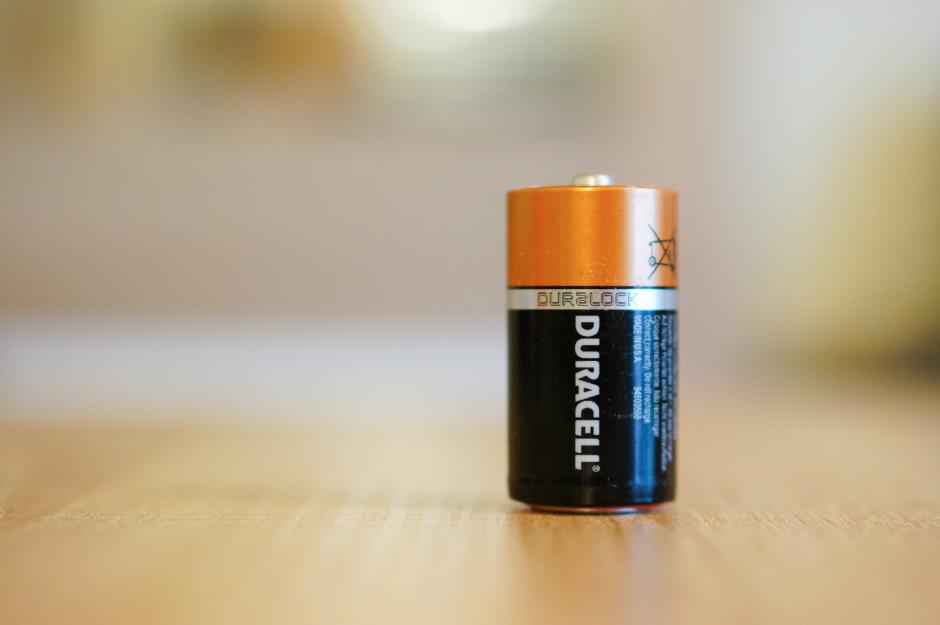
Berkshire Hathaway acquired Duracell from Procter & Gamble in 2014, in a complex deal that saw Berkshire pay P&G $4.7 billion (£2.8bn) of the shares it owned in the company instead of paying in cash. P&G then put $1.8 billion (£1bn) into Duracell before paying the remainder in 2015. It may seem a little convoluted, but it helped Berkshire Hathaway and its investor extraordinaire CEO Warren Buffett avoid a hefty tax bill.
vitaminwater: owned by Coca-Cola
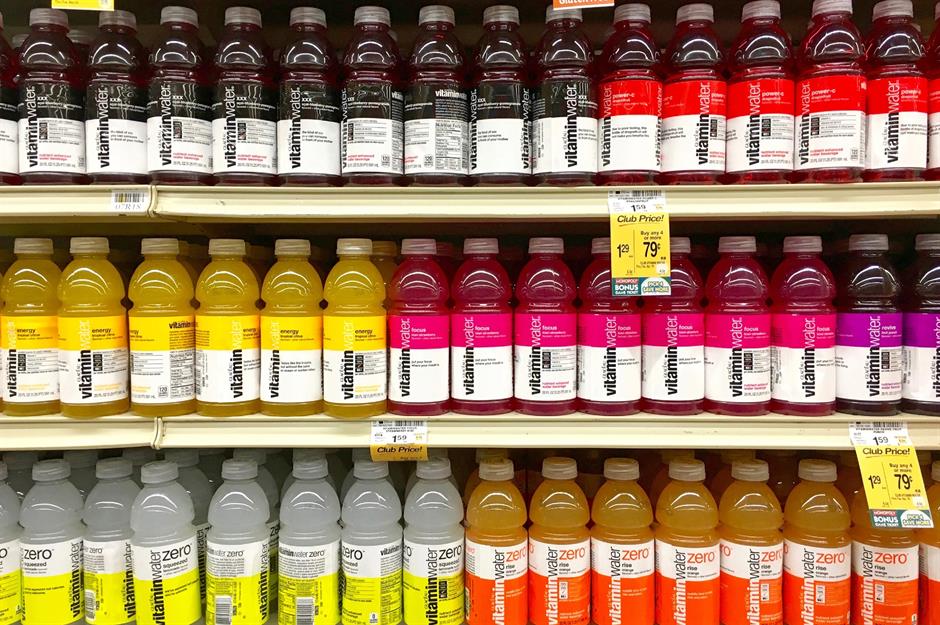
Adding to its range of healthier drinks, Coca-Cola also purchased vitaminwater as part of the acquisition of Energy Brands, an 'enhanced water' distributor, in 2007. It paid around $4.1 billion (£2bn) in cash, but Coca-Cola later faced a lawsuit about claims it was misleading buyers by describing vitaminwater as a “healthy drink”.
Sponsored Content
The Body Shop: owned by Natura
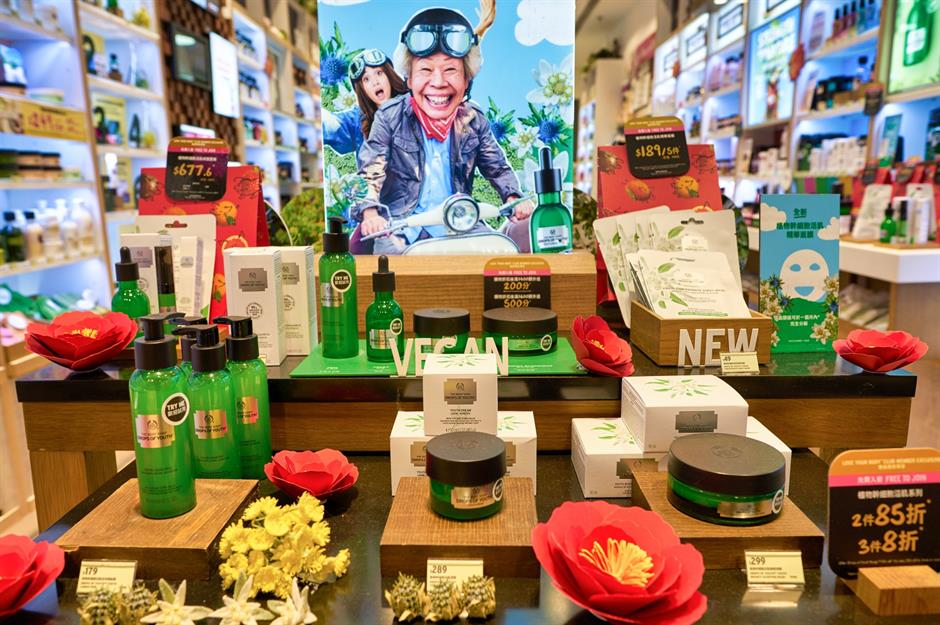
The Body Shop first made a name for itself as a small beauty and body care shop in Brighton, England in 1976. Its success in the natural cosmetics world attracted the attention of leading French cosmetics conglomerate L’Oréal, which bought the company in 2006. The now-global chain was then acquired by Brazilian group Natura for €1 billion ($1.2bn/£891m) in 2017 and currently has stores in more than 100 countries.
Costa: owned by Coca-Cola
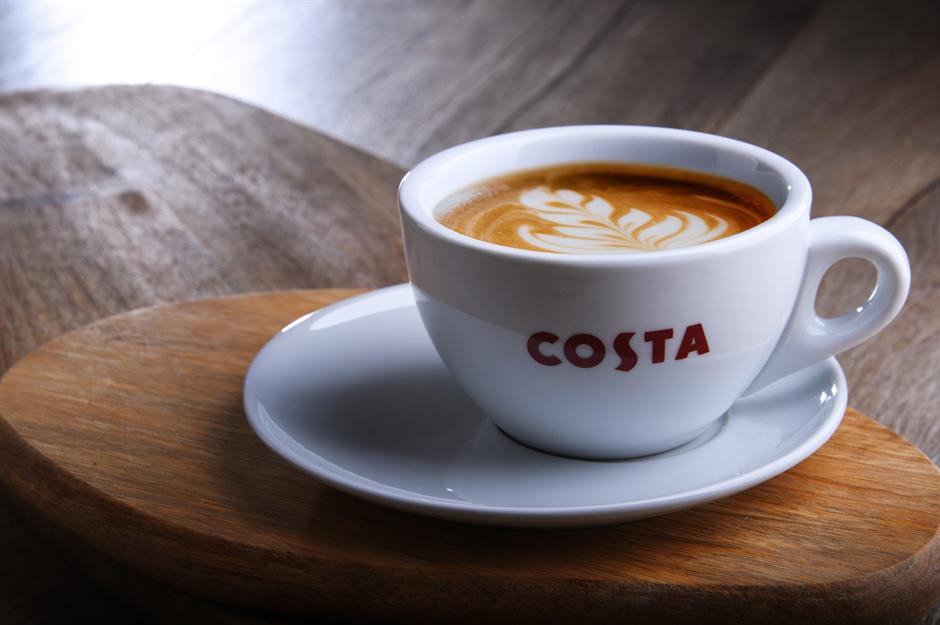
Skype: owned by Microsoft
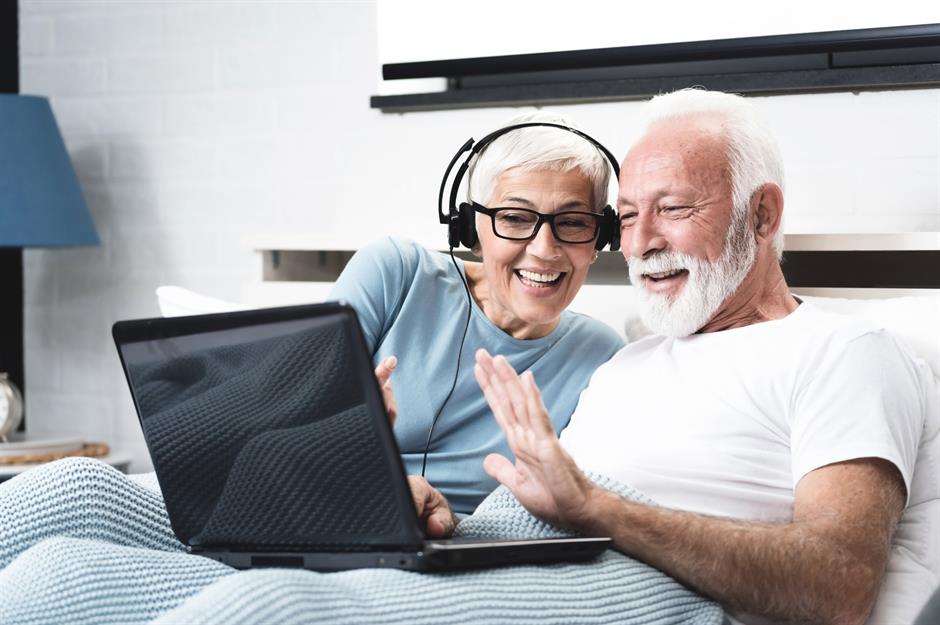
Video call software Skype was founded in 2003. Just two years later, eBay paid $2.5 billion (£1.6bn) plus incentives for the communication tech. After a series of complicated deals with the original owners and a consortium of buyers, Microsoft acquired the entirety of Skype for $8.5 billion (£5.2bn) in 2011.
Sponsored Content
Whole Foods: owned by Amazon
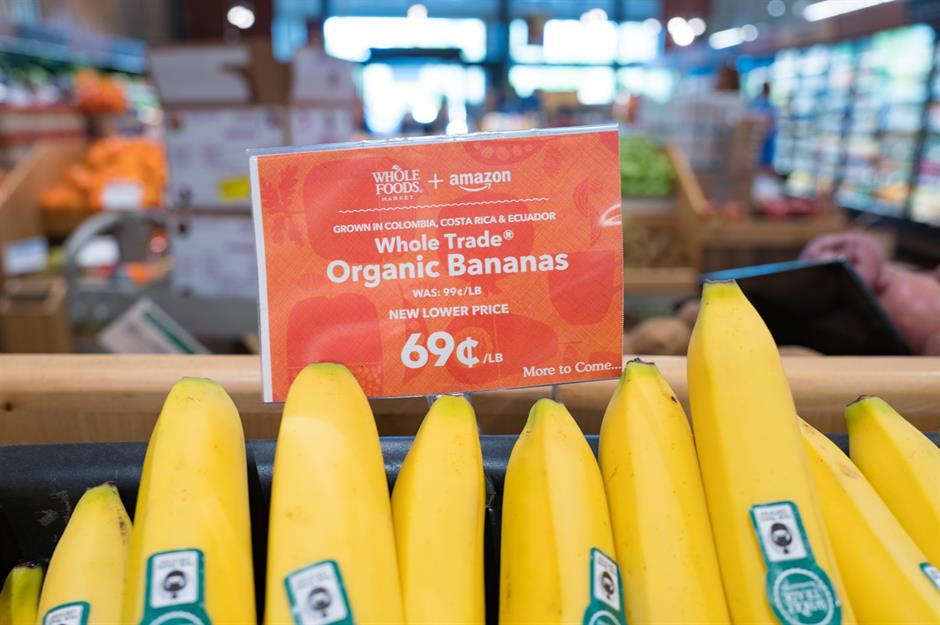
Guinness: owned by Diageo
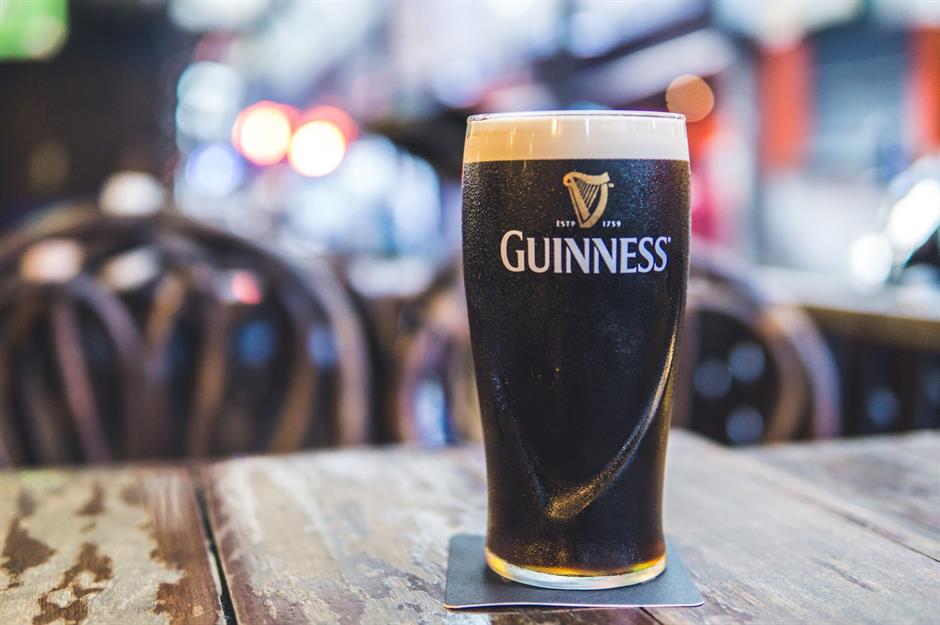
Despite being Ireland’s favourite drink and the only acceptable beverage for toasting St. Patrick every 17 March, Guinness is now owned by British multinational alcohol company Diageo. The parent company was formed in 1997 when Guinness Brewery merged with English leisure conglomerate Grand Metropolitan to form GMG Brands, which would later change its name to Diageo in a marketing overhaul. Diageo’s portfolio also includes vodka brands Smirnoff and Cîroc, Captain Morgan rum and Irish cream liqueur Baileys.
British Airways: owned by International Airlines Group
.jpg)
The second largest airline in the UK fully partnered with Spain’s flag carrier airline Iberia in 2010, and both are now part of the International Airlines Group (IAG). Since the merger, Aer Lingus, LEVEL and Vueling have also been added to the conglomerate’s portfolio.
Sponsored Content
Burger King: owned by Restaurant Brands International
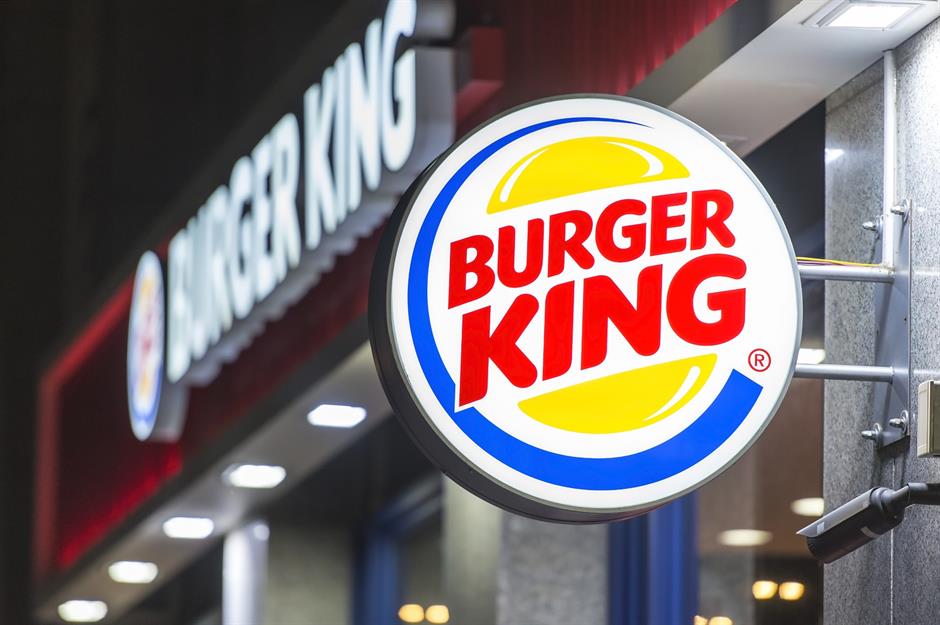
Beats by Dre: owned by Apple
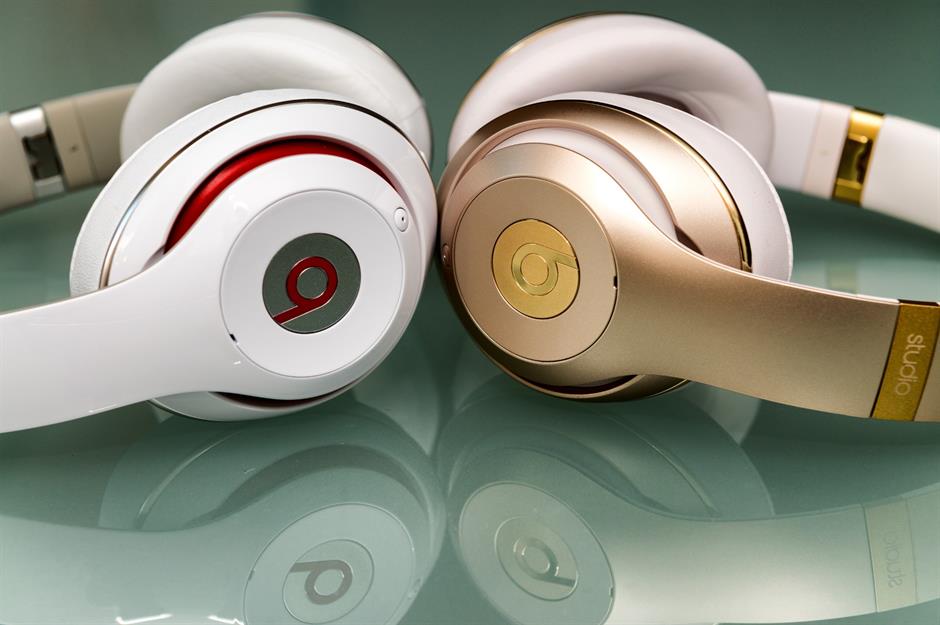
Ben & Jerry's: owned by Unilever
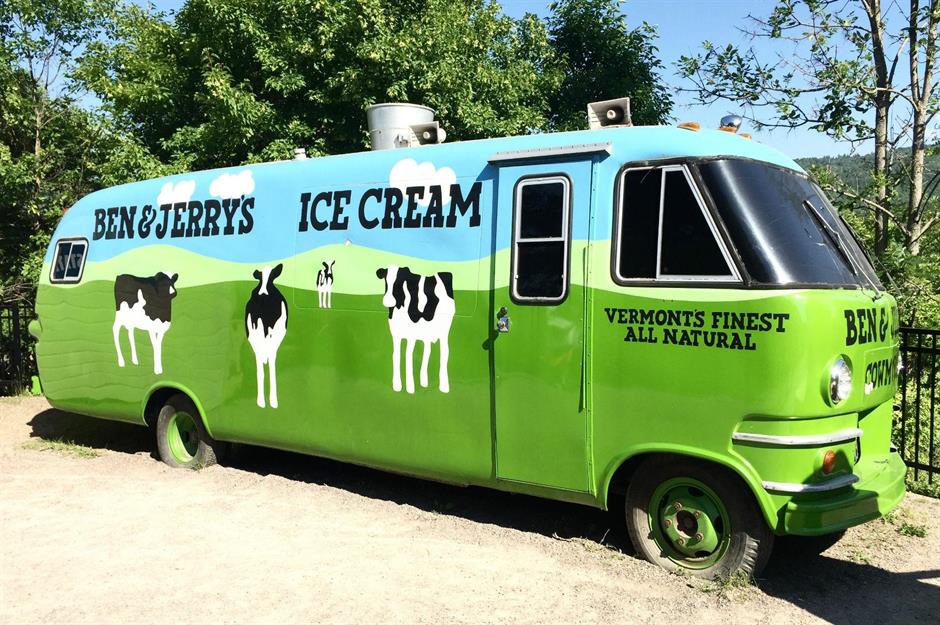
Founded back in 1978 by self-confessed "hippy capitalists" Ben Cohen and Jerry Greenfield in a converted petrol station in Vermont, their eponymous ice cream brand was bought by British-based consumer goods company Unilever in 2013 for $326 million (£200m). At the time, there was a lot of talk about the duo "selling out" their ideals as well as their business but it has continued to thrive under corporate ownership. Ben & Jerry’s still prides itself on championing social and environmental causes such as Black Lives Matter and GMO labelling.
Sponsored Content
Cadbury: owned by Mondelez
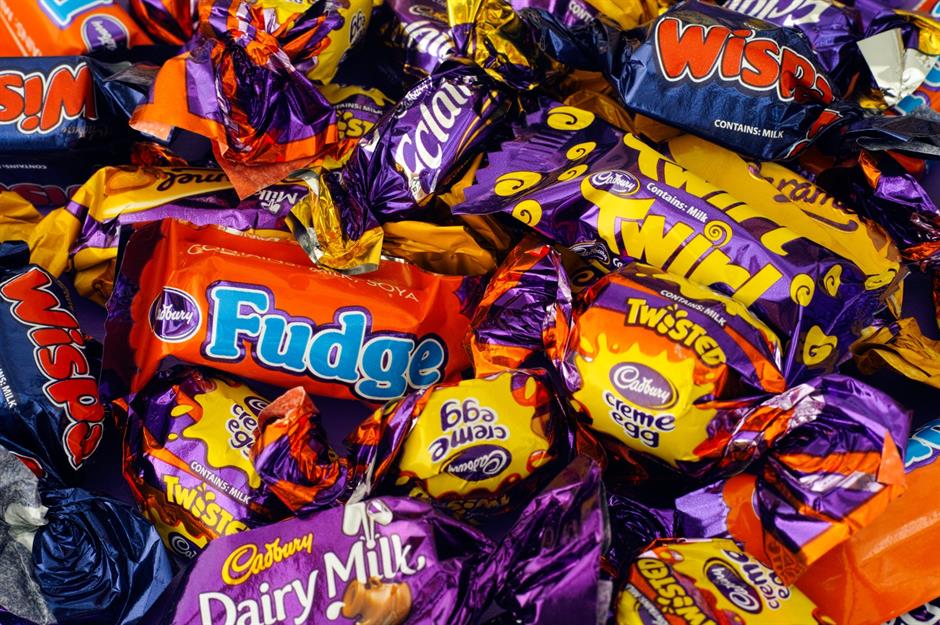
Mondelez, formerly Kraft, bought UK confectionery giant Cadbury in 2010 for £11.5 billion ($17.2bn). The deal was made under controversial circumstances however, as Cadbury had previously been resistant to the takeover due to feeling “undervalued”. Kraft initially agreed to honour Cadbury’s commitment to only using Fairtrade cocoa beans, but in 2016 the company confirmed that it was no longer working with the foundation and, in 2019, its signature brand Dairy Milk lost its Fairtrade certification.
Now read about the industries that will boom after coronavirus
Comments
Be the first to comment
Do you want to comment on this article? You need to be signed in for this feature